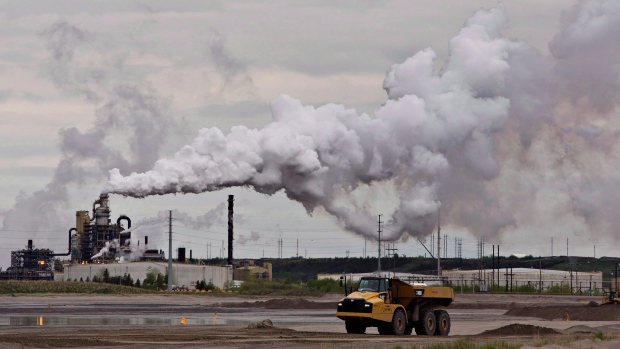Mar 7, 2017
Federal help on table for 'orphan' oil wells in Alberta
, Reuters

The Canadian province of Alberta may get federal aid to help clean up the rising number of oil wells whose owners have gone bankrupt, with federal officials acknowledging the relevant provincial agency lacks sufficient funds.
Alberta Premier Rachel Notley told reporters late Monday in Houston that she expects to have "something to announce on that in the weeks to come", without giving details.
The number of so-called orphan wells in Canada spiked after the 2014 oil price crash as companies went bankrupt, prompting provincial officials and industry to seek federal help for remediation. If not cleaned up, old wells can contaminate soil and affect animal and human health.
When asked about Notley's comments, the federal Natural Resources ministry said it is continuing to meet with regional authorities. Last week, ministry spokeswoman Tania Pereira said the government is reviewing proposals but noted orphan wells are legally a provincial responsibility.
While Canadian federal officials have been publicly mum on the subject, in private they have deemed that "underfunded" provincial orphan well programs do not have enough money to properly carry out their tasks, according to two 2016 internal Natural Resources briefing notes seen by Reuters.
The federal government has been giving scientific and policy advice to industry and provinces, according to one briefing note provided to Natural Resources Minister Jim Carr in August last year.
Alberta, which produces about 80 per cent of Canada's crude, has more than 1,500 orphan wells, up from 26 in 2012.
It was unclear what specifically the potential further federal help would be. In a legislative speech outlining its priorities last week, the Alberta government said it will work "with Ottawa to create good oilfield service industry jobs" to tackle the orphan wells issue.
Mark Salkeld, who heads the Petroleum Services Association of Canada, had proposed a $500-million federal loan to the industry-funded Orphan Well Association (OWA), and he said Ottawa has been looking favourably at it.
"We're getting a positive signal," said Salkeld, who had been in contact with federal and provincial officials on the issue. "All parties think it's a good idea."
Meanwhile, the OWA said it might need more funding in the future, and that increasing industry levies is an option.
"(Higher) costs are not regarded favourably, but ... we've got to step up," said OWA Chairman Brad Herald, who is also vice president of western operations for the Canadian Association of Petroleum Producers industry lobby group.



